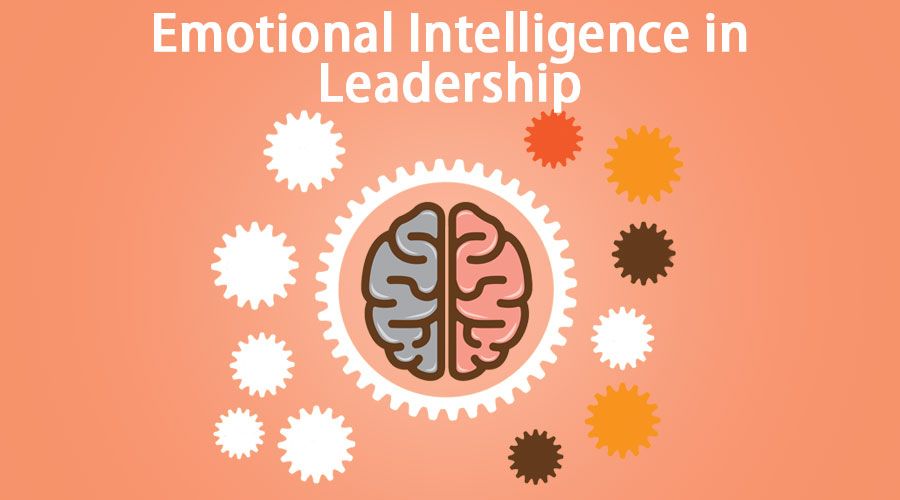Emotional intelligence (EI) is a crucial trait for effective leadership. While technical skills are essential for success, it is emotional intelligence that sets apart exceptional leaders. This article explores the significance of emotional intelligence in leadership, its components, and how it influences decision-making and team dynamics.
Components of Emotional Intelligence
Emotional intelligence consists of various components that contribute to effective leadership:
Self-Awareness: This involves recognizing and understanding one’s own emotions, strengths, and weaknesses. A self-aware leader can regulate their emotions and adapt their behavior accordingly.
Self-Management: This component focuses on controlling and directing one’s emotions in a positive and productive manner. It involves managing stress, staying motivated, and cultivating resilience.
Social Awareness: Leaders with social awareness possess empathy, compassion, and understanding. They can perceive and consider the emotions and needs of others, which enhances their ability to build relationships and foster collaboration.
Relationship Management: Effective leaders excel in relationship management. They can inspire and influence others, resolve conflicts, and build strong teams. Relationship management involves effective communication, active listening, and the ability to provide constructive feedback.
Influence on Decision-making
Emotional intelligence plays a vital role in decision-making. Leaders with high emotional intelligence can make informed choices by considering both logical reasoning and emotional factors. They can evaluate and understand the impact of their decisions on others, fostering a more inclusive and supportive work environment.
Furthermore, emotional intelligence helps leaders handle difficult decisions with empathy and compassion. By considering the emotions and perspectives of their team members, leaders can make decisions that inspire trust and commitment.
Impact on Team Dynamics
Leaders with emotional intelligence positively impact team dynamics in several ways:
Enhanced Communication: Emotional intelligence enables leaders to communicate effectively with their team members. By understanding and acknowledging employees’ emotions and concerns, leaders can create an open and trusting environment, where ideas and feedback are openly exchanged.
Increased Motivation: Leaders who possess emotional intelligence can inspire and motivate their teams. They understand the importance of recognizing employees’ achievements, providing constructive feedback, and creating a sense of purpose and meaning in the workplace.
Better Conflict Resolution: Conflict is inevitable in any team, but leaders with emotional intelligence can handle it constructively. By empathetically addressing conflicts and understanding the underlying emotions, leaders can help foster resolutions that benefit the entire team.
Improved Collaboration: Emotional intelligence enhances collaboration by promoting understanding, trust, and respect among team members. Leaders who actively listen, empathize, and value diverse perspectives can build cohesive and high-performing teams.
Conclusion
Emotional intelligence is a valuable skill for leaders to cultivate. It encompasses self-awareness, self-management, social awareness, and relationship management. Leaders with high emotional intelligence make better decisions, foster positive team dynamics, and create a supportive work environment.
By prioritizing emotional intelligence, leaders can build stronger relationships, inspire their teams, and achieve exceptional results.
